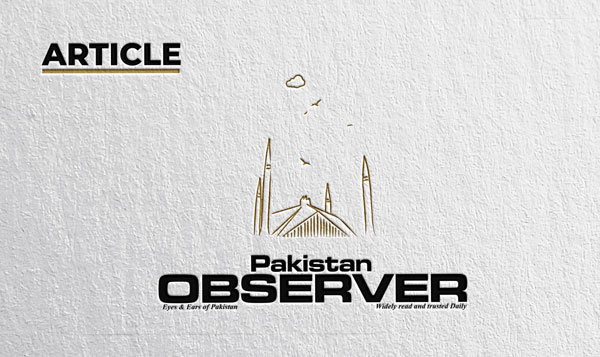Disadvantages of greed in Islam
THE greed is an innate trait in humans causing a person to desire to possess Allah’s blessing entirely, and if others use this blessing, that person will become sad. When there is no greed trait in a man, the mental health is affected and she/he will suffer from mental instability. Therefore, this attribute accompanied with Islamic training method should be used to guide persons properly. It has been divided into two parts as the praised one and the reviled one by ethics scholars. The praised part leads to helping, fairly competing to perform necessities and charity, and eliminating unpleasant features; the reviled part is the root of many problems and difficulties, and the destruction of human benefits. This trait must be fought against and controlled; contentment and generosity are the cures for the reviled part.
The Holy Prophet (PBUH) is quoted as saying: None of you truly believes until (you wish) for (your) brother what (you) wish for (yourself).And in the Qur’an we read: Woe unto every slandering backbiter, who amasses wealth and tallies it, supposing that his wealth makes him immortal. And along these lines, in the Qur’an reads as follows: Have you not seen the one who denies religion? That is the one who drives away the orphan, and does not urge feeding the poor. So the worshippers who are heedless of their prayers, those who strive to be seen, yet refuse to supply even neighbourly needs.
In other words, material greed is an omnipresent temptation that terminates only at death. The antidote, according to a Prophetic report, is to foster a sense of contentment. The Holy Prophet (PBUH) says: The most enviable of my friends is a believer with little property who finds pleasure in prayer, who performs the worship of his Lord well, who obeys Him in secret, who is obscure among people, who is not pointed out by people, and who is content with his provision.
These notions of humility and contentment are, of course, not unique to Islam. So what do we make, then, of the modern ethos that greed is good because it drives individuals to compete aggressively in a free market, thereby benefitting society at large through the introduction of creative and useful ideas, services, and institutions? Here we have to be very careful. We first have to ask, what exactly we mean by greed. If we mean simply the active pursuit of wealth, that need not be selfish per se.
Indeed, one could seek wealth for the purpose of helping others. In fact, in the context of Islam, there is at least one well-known Prophetic report that indicates that it is better to work hard to attain wealth and give to those in need than to choose simply not to work. In this case, striving to attain wealth is not a distraction from the path of Allah, but rather an enhancement of faith.
What is unanimously regarded as a distraction is the selfish pursuit of wealth, at the expense of others, and ignoring those in need. This is the greed. And even if this selfish form of greed benefits society in some way, directly or indirectly, one obvious lesson we glean from Islamic and other traditions is that the ends do not justify vile means.
And perhaps some of us moderns are overestimating the benefits of greed and downplaying its harms. Consider a recent study by when certain people act selfishly they inspire others to act selfishly. What we’re left with is a vicious, destructive cycle. And our religion (Islam) teaches us to beware of greed, as it will cause our downfall and destruction. We read in a Hadith our beloved Prophet (PBUH) said: Beware of greed, for it was only greed that destroyed those before you. It commanded them to be miserly and they did so. It commanded them to sever their family ties and they did so. It commanded them to behave wickedly and they did so.
We learn from this Hadith how detrimental greed is for us, our lives and our faith. It causes us not to be generous with what we have been blessed with and it can even cause us to have problems with those close to us. We read in another Hadith that The Holy Prophet (PBUH) said: Spend in charity and do not count it, lest Allah count it against you. Do not hoard it, lest Allah withhold from you. Therefore, we should try our best to be generous and avoid being greedy.
The Holy Prophet (PBUH) feared that we would be wealthy. This should really make us reflect on our lives and understand that wealth and greed can really cause us to become too attached to worldly things and take us away from our faith. We read in a Hadith that The Holy Prophet said: I do not fear poverty for you rather I fear that you will compete for riches. I do not fear for your mistakes, rather I fear for what you do on purpose. Generosity will only bring about good for us in this life and in the Hereafter. If we try to live our lives in a way that is considerate of those around us and with a caring mentality, Allah will reward us.










